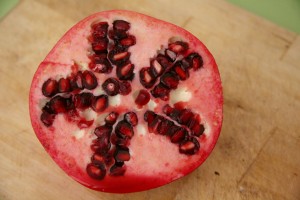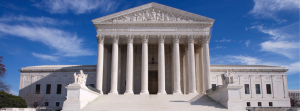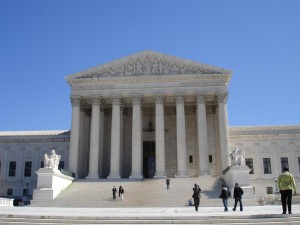 Many of my cases will pit one competitor against another in litigation. An antitrust claim is often at the center of the dispute, but a number of other claims can find their way into the case; sometimes even in a starring role.
Many of my cases will pit one competitor against another in litigation. An antitrust claim is often at the center of the dispute, but a number of other claims can find their way into the case; sometimes even in a starring role.
Litigation between competitors can include, for example, trade secret or intellectual property disputes, tortious interference claims, and Lanham Act claims, to name just a few. Our focus today is on the Lanham Act because the U.S. Supreme Court last week issued an interesting opinion on its scope in POM Wonderful LLC v. Coca Cola Company.
The question was whether The Federal, Food, Drug and Cosmetic Act (FDCA) precluded a plaintiff from filing a Lanham Act claim related to food labeling. Justice Kennedy explained for a unanimous court (which did not include Justice Breyer) that plaintiffs can pursue their claim about pomegranate-blueberry juice labeling: The statutes don’t conflict—they complement each other.
First, some background. The Lanham Act is a federal private right of action to enforce trademark rights, as well as (and relevant here) “unfair competition through misleading advertising or labeling.” What is particularly interesting about the Act is that it is specifically designed for competitors. That is, consumers that discover false advertising or labeling can’t bring a Lanham Act case. Only competitors that can “allege an injury to a commercial interest in reputation or sales,” have standing. You might recall that the Court addressed Lanham Act standing earlier this term in Lexmark International, Inc. v. Static Control Components, Inc., discussed here.
 The Antitrust Attorney Blog
The Antitrust Attorney Blog





